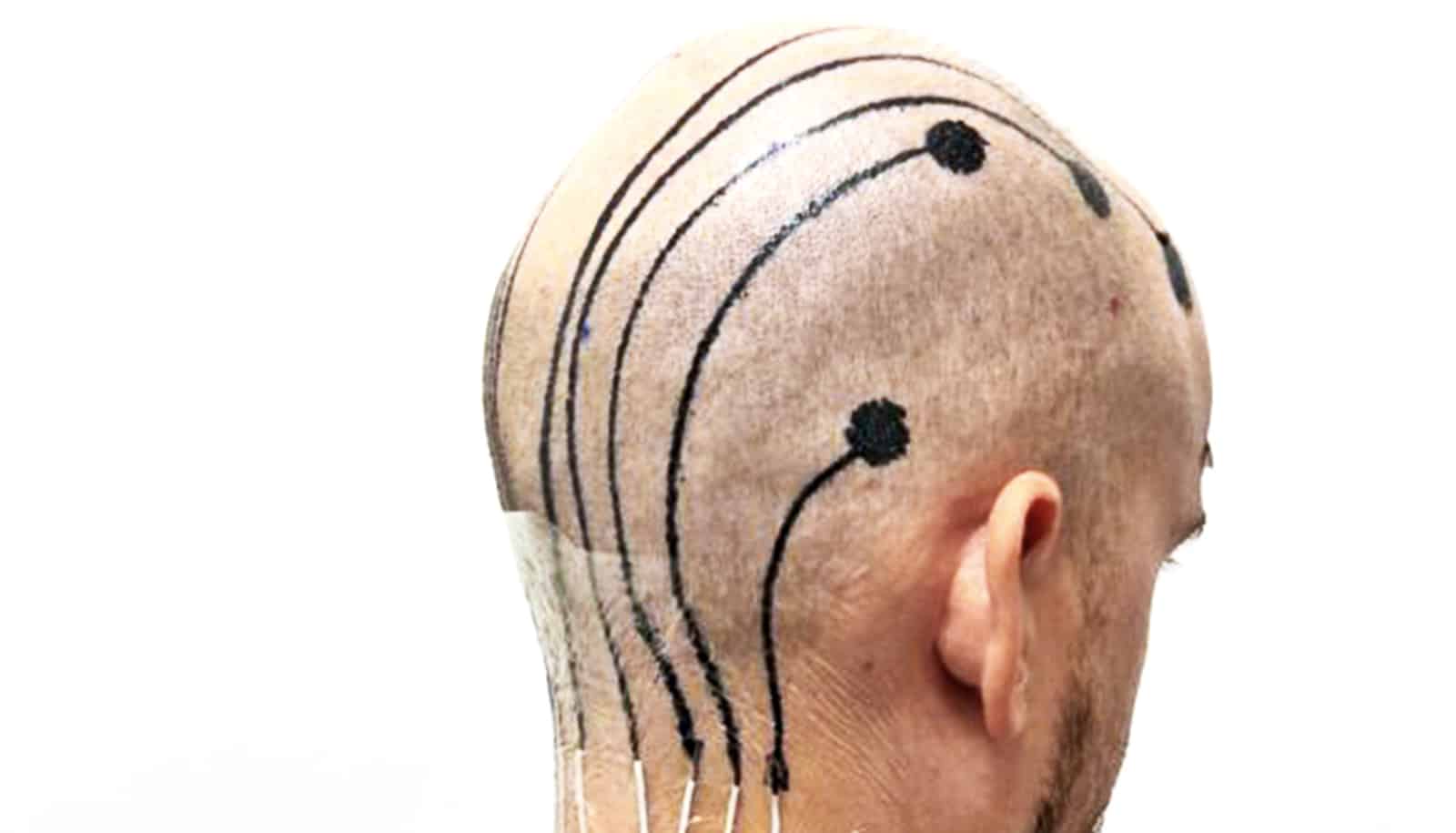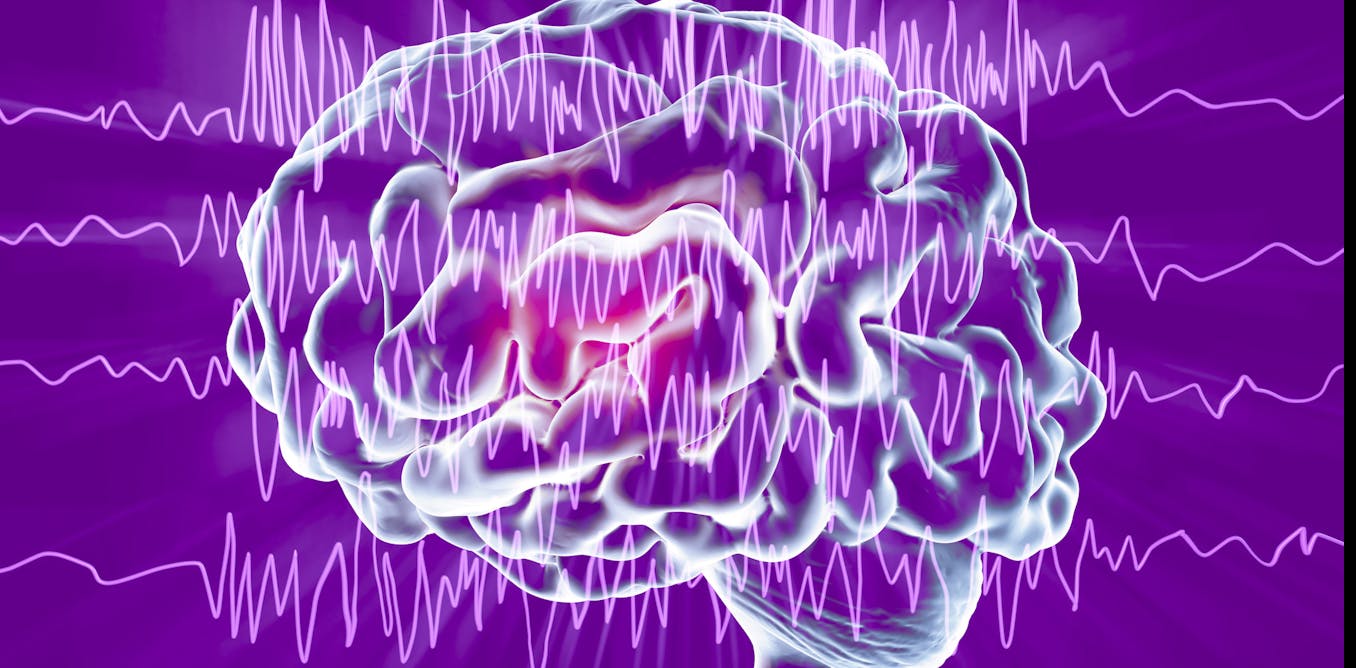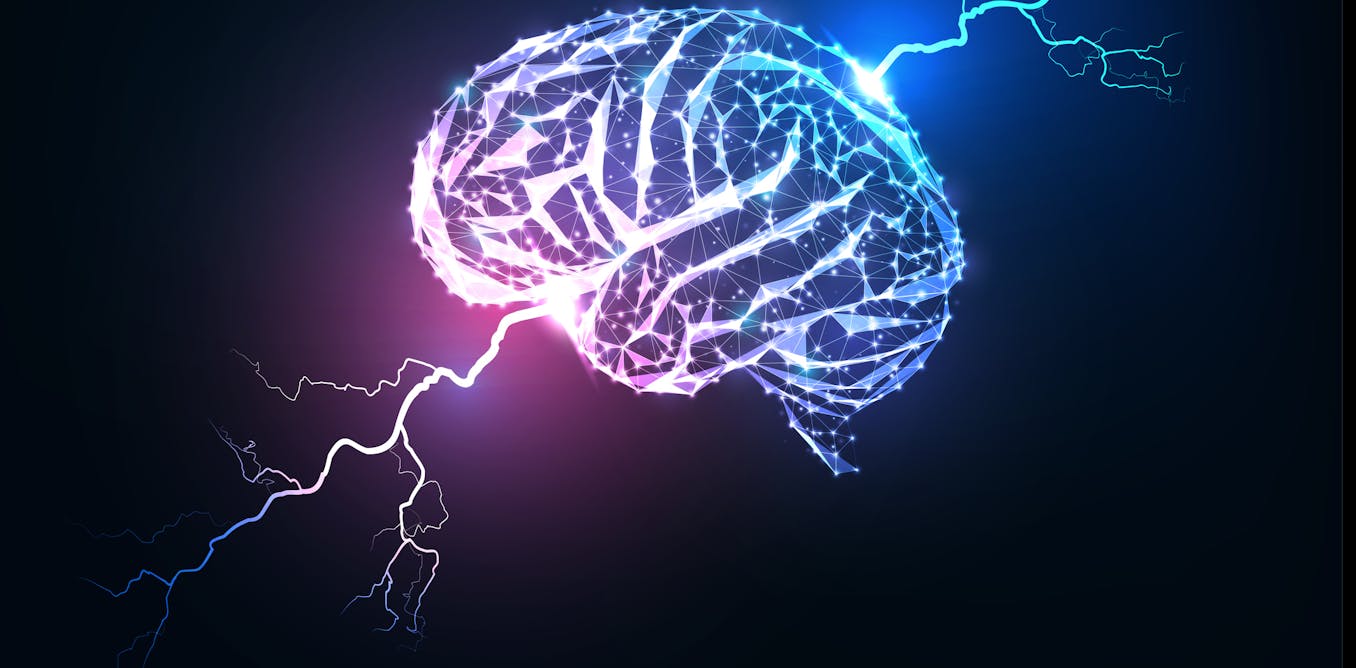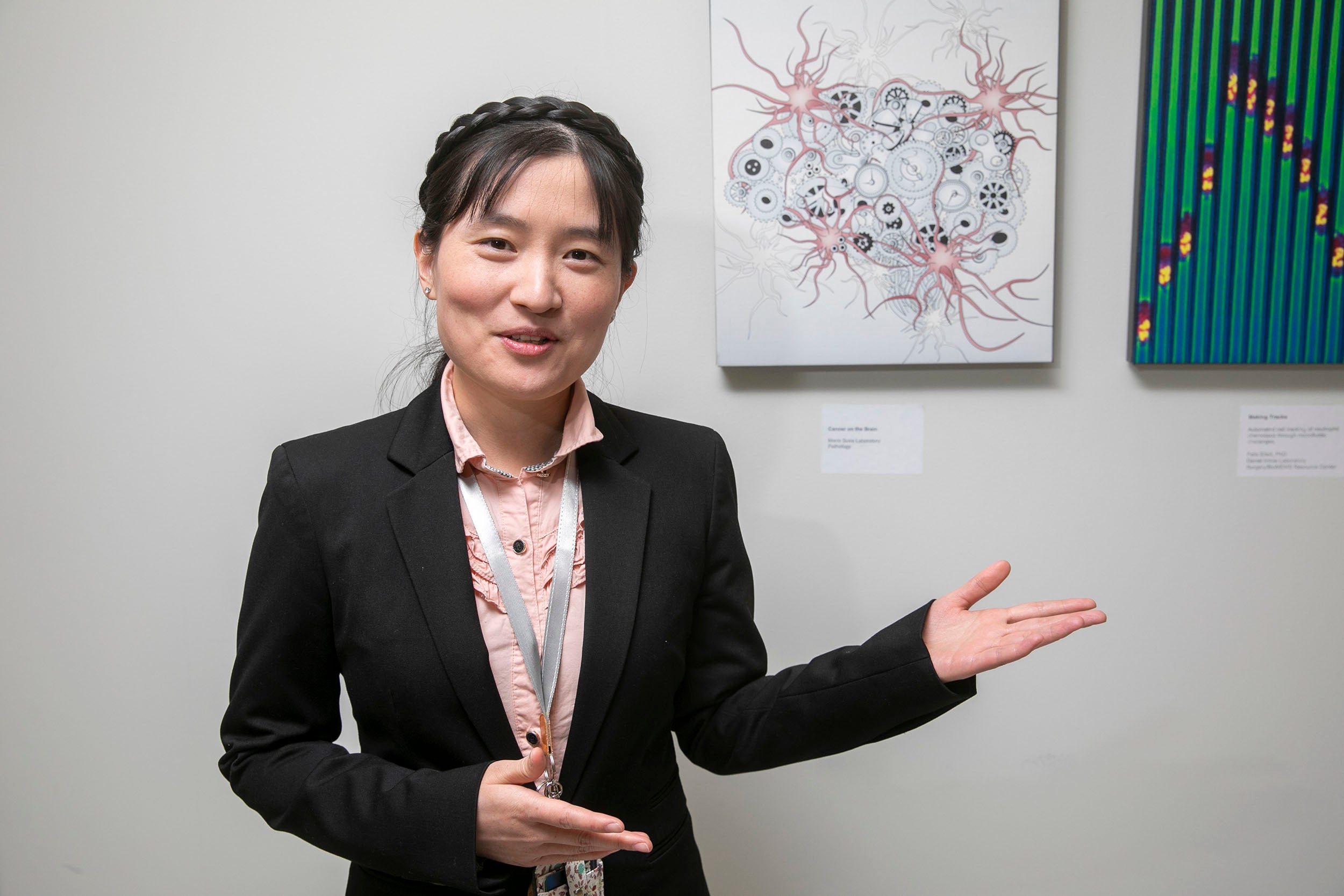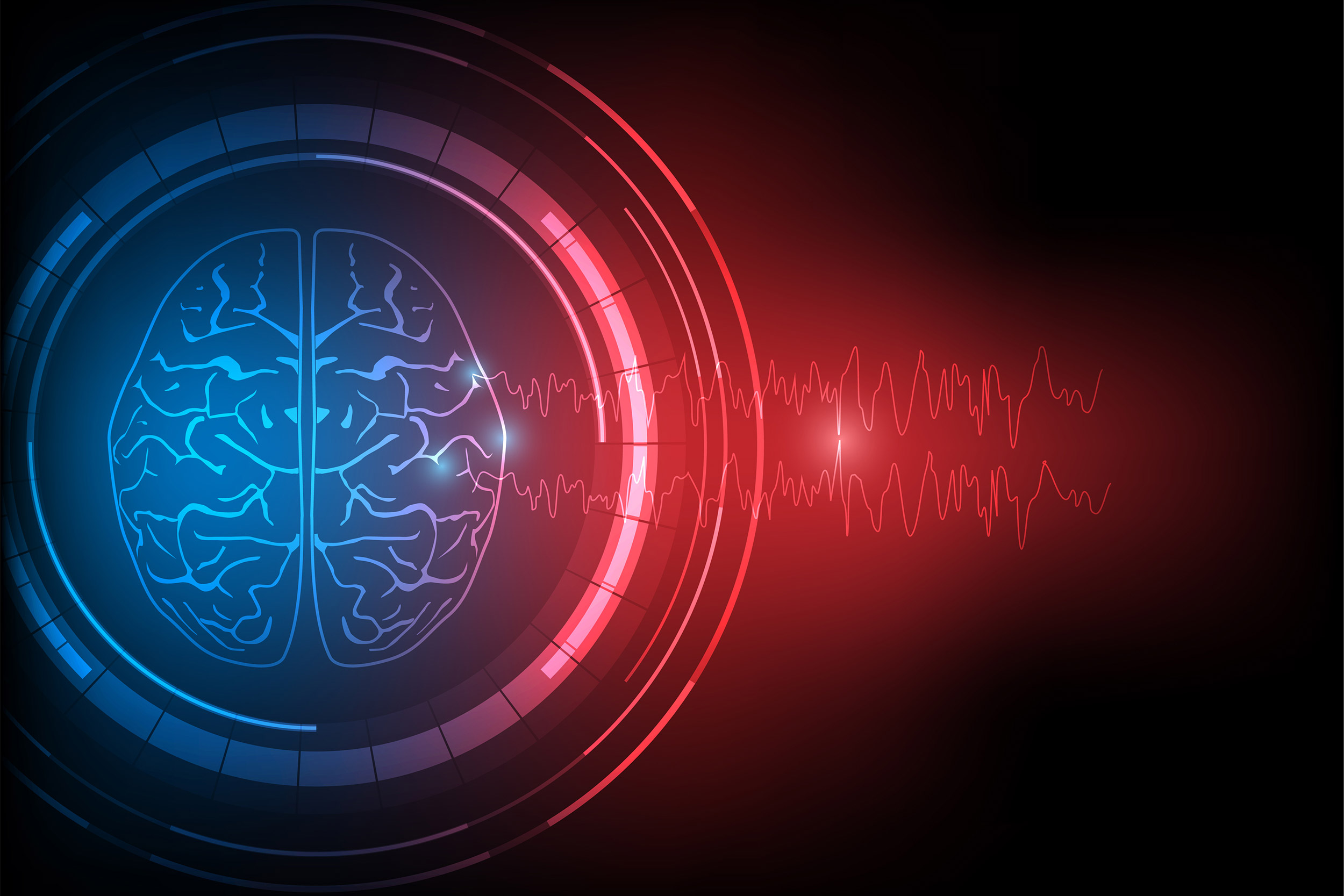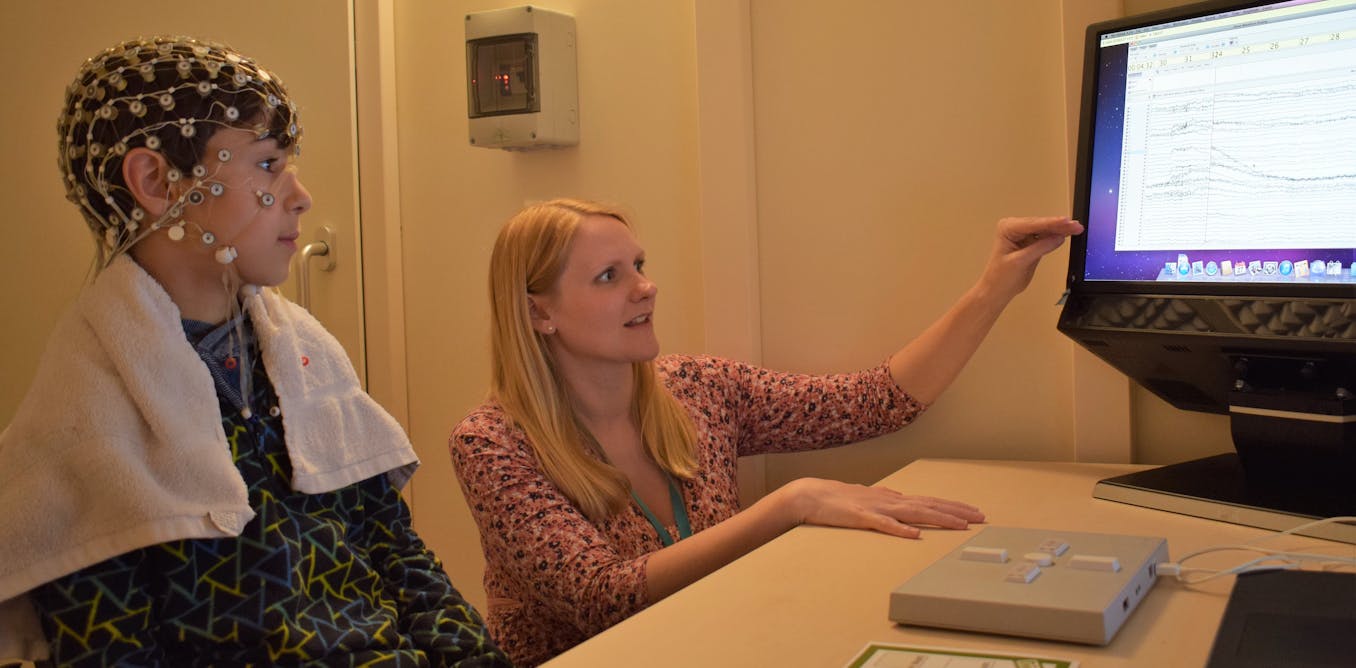From diagnosing brain disorders to cognitive enhancement, 100 years of EEG have transformed neuroscience
Deciphering how neurons talk to each other by reading the brain’s electrical activity has given scientists insights into memory and conditions like epilepsy and Alzheimer’s.
July 2, 2024 • ~8 min
A century after the EEG was discovered, it remains a crucial tool for understanding the brain
Some scientists theorize that artificial intelligence may be able to deduce thoughts from EEGs.
April 3, 2024 • ~9 min
How electroconvulsive therapy heals the brain − new insights into ECT, a stigmatized yet highly effective treatment for depression
Electroconvulsive therapy often evokes inaccurate images of seizing bodies and smoking ears. Better understanding of how it reduces depression symptoms can illuminate new ways to treat mental illness.
Dec. 6, 2023 • ~9 min
How moving dots are helping us learn more about dyslexia in children: new research
Children with dyslexia seem to find it more difficult to judge the direction of moving dots - this could explain why reading is also more challenging.
Nov. 24, 2021 • ~6 min
Pregnant women's brains show troubling signs of stress – but feeling strong social support can break those patterns
Fetal brains are changing rapidly over the course of pregnancy, but so are the brains of mothers-to-be. Neuroscience research shows one way worry can start taking hold – and a simple way to help.
May 12, 2021 • ~9 min
Selfish or selfless? Human nature means you're both
Cognitive neuroscientists use brain imaging and behavioral economic games to investigate people's sense of fairness. They find it's common to take care of yourself before looking out for others.
March 17, 2021 • ~10 min
/
2

